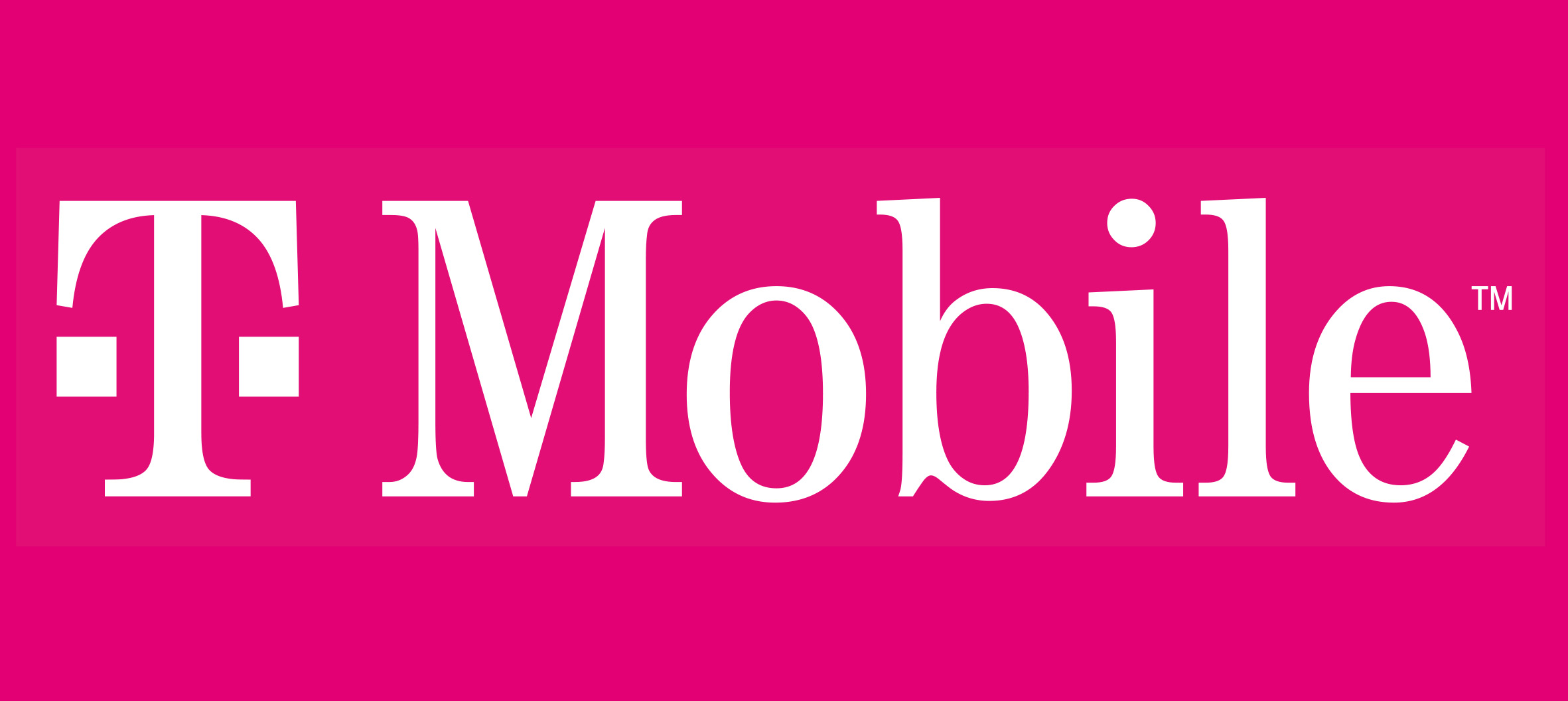T-Mobile’s Network Ready To Shine During Solar Eclipse 2024
Get ready for an epic cosmic show. The 2024 total solar eclipse is hitting the world on April 8, and it’s gonna be legendary, drawing millions of people to the path of totality. T-Mobile's getting in on the action too, deploying additional cell sites to handle the surge of eclipse chasers. Learn how T-Mobile is prepping for the solar spectacle, pick up safety tips to enjoy the show and get the lowdown on separating eclipse myths from the real deal. This is your guide to the ultimate eclipse experience.
Network Preparation
Recognizing the importance of this celestial phenomenon (the next total solar eclipse visible from the United States is 20 years away!) and the tourism it will bring to areas from Maine to Texas, T-Mobile is actively preparing to ensure customers stay connected during the eclipse. T-Mobile has increased investments in network hardening by more than 30% over the past two years to reduce service interruptions during weather, disaster and major tourism events (like the solar eclipse), adding fixed backup generators at critical sites nationwide.
“T-Mobile is working hand-in-hand with state and local authorities to address the anticipated surge in network traffic to guarantee seamless connectivity for all,” said Ulf Ewaldsson, president of technology at T-Mobile. “Whether facing large influxes in data use or high demand, our network — which is the nation’s largest, fastest and most awarded — has everyone covered.”
As part of our comprehensive plan, T-Mobile is proactively deploying additional cell sites that will be on stand-by in areas expecting high tourist traffic. These temporary sites will provide crucial network reinforcement, ensuring that customers can stay connected and share their favorite eclipse moments without interruption. Teams will be conducting real-time monitoring of network performance, ready to make adjustments as necessary. This isn’t the Un-carrier's first rodeo either. T-Mobile strategically addresses network requirements at many of the nation’s largest and most anticipated events, doubling down on its commitment to delivering a reliable network experience for customers across the country.
Any first responder agencies or organizations needing communications assistance can reach out to our 24-hour emergency hotline at 888-639-0020 or email ERTRequests@T-Mobile.com.
Safety Tips for Viewing the Eclipse
First and foremost, make sure you use eclipse glasses to protect your eyes while viewing the 2024 total solar eclipse. Eclipse glasses are specifically designed with solar filters that block harmful ultraviolet (UV) radiation and allow you to view the eclipse safely. Regular sunglasses, even those with UV protection, just won’t cut it against the sun's intense light during an eclipse. So, if you plan on watching, make sure you protect your peepers with the proper eyewear.
Experts at NASA recommend that people steer clear of using binoculars, a telescope and cameras including the one on your device, to record the eclipse without a solar filter. Solar filters are designed to block the sun's harmful rays while allowing you to observe the eclipse safely. Pointing a smartphone camera at the sun, any day, without proper filtering may damage the lens. Check out these tips from NASA on how to capture the eclipse on your device.
If you’re planning on traveling to view the eclipse, especially to rural areas, it’s important to pack an emergency preparedness kit for you and your family. Check out our tips on making your own go bag.
Myths vs. Facts
In the tech world, there’s been some talk about solar activity messing with devices and phone signals. Let's bust some of these common myths so you know what to actually expect:
Myth 1: Solar eclipses can damage or destroy electronic devices.
- Many people seem to think that the intense light emitted during a solar eclipse can harm electronics in general. But guess what? Science says nope! The light during a solar eclipse isn’t that different from the amount of light emitted during a regular day. So, no reason to worry — there’s no extra risk to your devices because of the eclipse!
Myth 2: Solar eclipses can be viewed safely without special glasses.
- Looking directly at the sun, even during a solar eclipse, is a big no-no ... it can cause severe eye damage! The sun's intense light can damage the retina, leading to partial or complete vision loss. But, because this is a total solar eclipse, there is one exception: when the moon completely blocks the visible surface of the sun, NASA says it’s cool to remove your glasses, but only for a moment. Bottom-line, grab a pair of eclipse glasses or other protective eyewear that’s built to block harmful ultraviolet (UV) radiation. Safety first, people!
Myth 3: Solar eclipses can interfere with telecommunications.
- Some people believe that solar eclipses can disrupt telecommunications, like phone signals and internet connections, but it’s not true! Solar eclipses don’t emit any type of radiation or energy that could screw up electromagnetic waves, so don’t worry about your calls dropping or your Wi-Fi acting up during an eclipse — everything should be running smooth as usual.
Myth 4: Solar eclipses will make your tech act strangely.
- A solar eclipse doesn’t crank up the electromagnetic radiation more than a normal day, so fear not: phones, tablets, and other devices will do their thing just like any ordinary day with regular weather. Whew!



